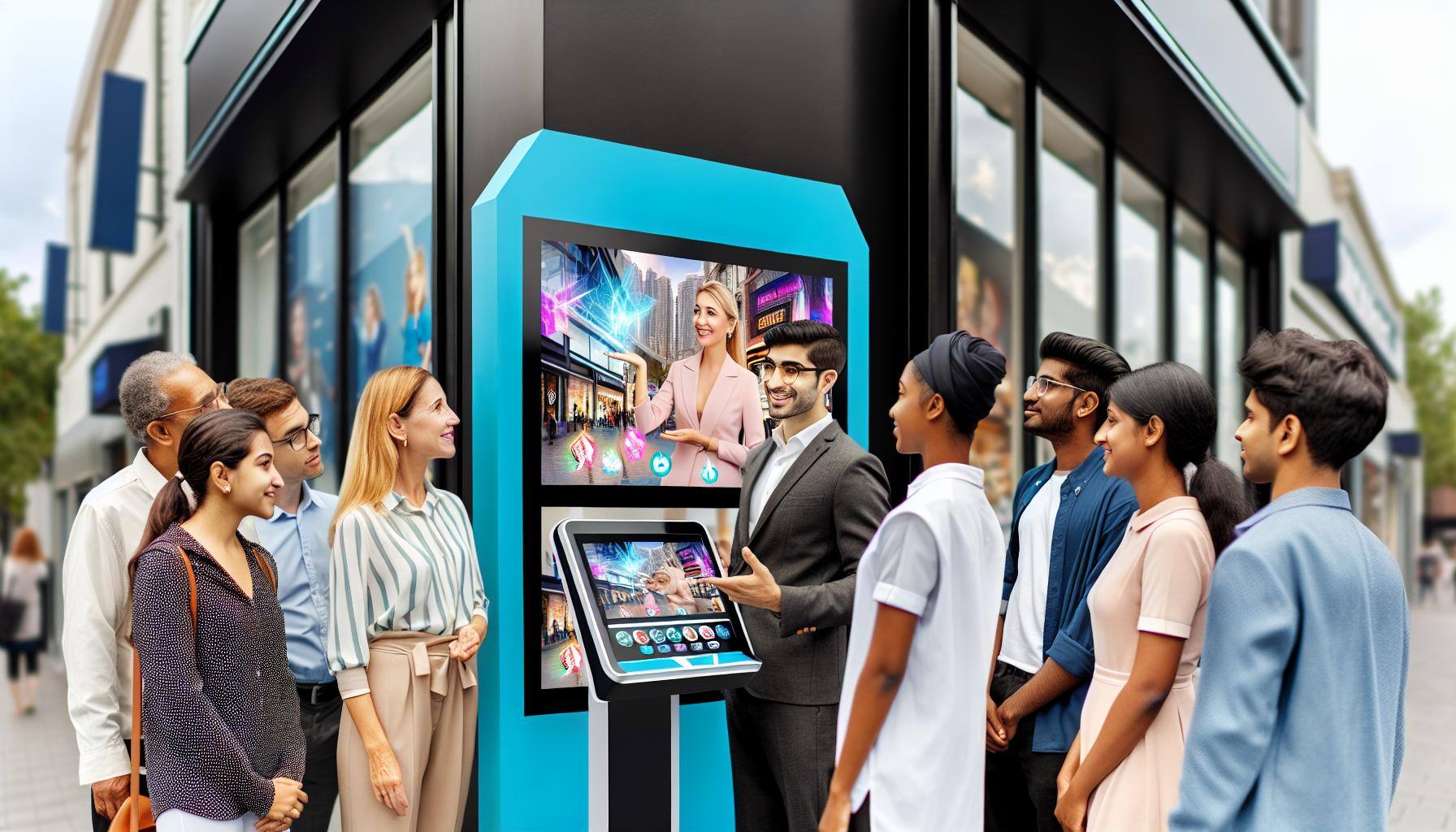4 min read
Boost Your Online Presence: Mastering Interactive Marketing Techniques
Interactive Marketing: A Comprehensive Guide Introduction In today's digital age, where consumer attention is constantly divided amongst various...
3 min read
The Amazing Team at Virtual Marketer Max : Jul 19, 2024 12:00:00 PM
In today's digital age, collaborating with influencers has become an increasingly popular marketing strategy among brands. Influencer marketing refers to the process of partnering with individuals who possess a substantial online following and hold influence over their audience's purchasing decisions. This comprehensive article delves into the concept and evolution of influencer collaboration, its significance, current trends, challenges faced, effective solutions, statistical insights, future prospects, and the latest updates in the field.
Influencer collaboration involves brands teaming up with social media personalities, bloggers, vloggers, and content creators to create original and authentic content that promotes their products or services. This strategy capitalizes on an influencer's established credibility and the trust their audience has in them. While influencer marketing has gained remarkable momentum in recent years, its roots can be traced back to celebrity endorsements.
Traditional celebrity endorsements were limited to famous figures endorsing products in TV commercials or print ads. However, with the advent of social media and the rise of digital influencers, a new age of collaboration emerged. Bloggers and vloggers gained traction as they offered more relatable and trustworthy endorsements than traditional celebrities. Since then, influencer marketing has evolved rapidly, diversifying into various niches such as fashion, beauty, travel, fitness, and more.
Collaborating with influencers offers several key advantages for brands. Firstly, influencers possess a captive audience and are skilled in engaging their followers, leading to increased brand visibility. Secondly, influencers often have a specific target demographic that aligns with a brand's target market, ensuring that the content reaches the right audience. Thirdly, influencer collaborations enable brands to build authentic connections and improve brand credibility.
As influencer collaboration continues to evolve, several noteworthy trends have emerged. Micro-influencers, who have a smaller following but concentrated engagement, are gaining popularity due to their niche expertise and higher conversion rates. Additionally, brands are focusing on fostering long-term relationships with influencers, enabling them to become brand ambassadors and provide consistent exposure. Another trend is the rise of user-generated content, where brands encourage influencers and their followers to create content using their products, enhancing brand trust and relevance.
While influencer collaboration can yield significant benefits, it comes with its own set of challenges. One common issue is the authenticity of the partnership and the potential backlash from consumers if it feels forced or unrealistic. To tackle this challenge, brands must ensure that collaborations align with influencers' values and maintain the integrity of their brand. Additionally, the sheer number of influencers available can make it challenging for brands to identify suitable partners. Employing influencer management platforms and conducting thorough research can aid in identifying the right influencers that resonate with a brand's message.
According to a recent survey by Linqia, 39% of marketers increased their influencer marketing budget in 2020. Additionally, influencer marketing campaigns generate $6.50 for every dollar invested, making it an effective and cost-efficient strategy. Moreover, a survey conducted by Influencer Marketing Hub found that 67.9% of marketers believe that influencer marketing helps them reach a more targeted audience. These statistics illustrate the growing importance and effectiveness of influencer collaborations in the marketing landscape.
The future of influencer collaboration looks promising as the industry continues to evolve. The importance of transparency and FTC guidelines in influencer partnerships is gaining more attention, leading to increased authenticity and trust. Additionally, the emergence of new platforms like TikTok and Clubhouse opens up new avenues for collaboration. As brands refine their influencer marketing strategies and invest in long-term relationships with influencers, we can expect a more integrated and seamless influencer collaboration experience.
Collaborating with influencers has revolutionized the way brands connect with their target audience, offering opportunities for authentic and relatable marketing campaigns. Understanding the definition, history, importance, current trends, challenges, solutions, and statistical insights surrounding influencer collaboration empowers brands to harness their potential for business growth. By staying updated with the latest updates and future prospects, brands can create successful and impactful influencer partnerships.

4 min read
Interactive Marketing: A Comprehensive Guide Introduction In today's digital age, where consumer attention is constantly divided amongst various...

4 min read
Having a solid digital marketing strategy is not an advantage anymore - it's a necessity, especially in a world that is more connected than ever...

4 min read
Expanding Brand Visibility through Influencers in the United States Social media influencers have become an integral part of our online world,...